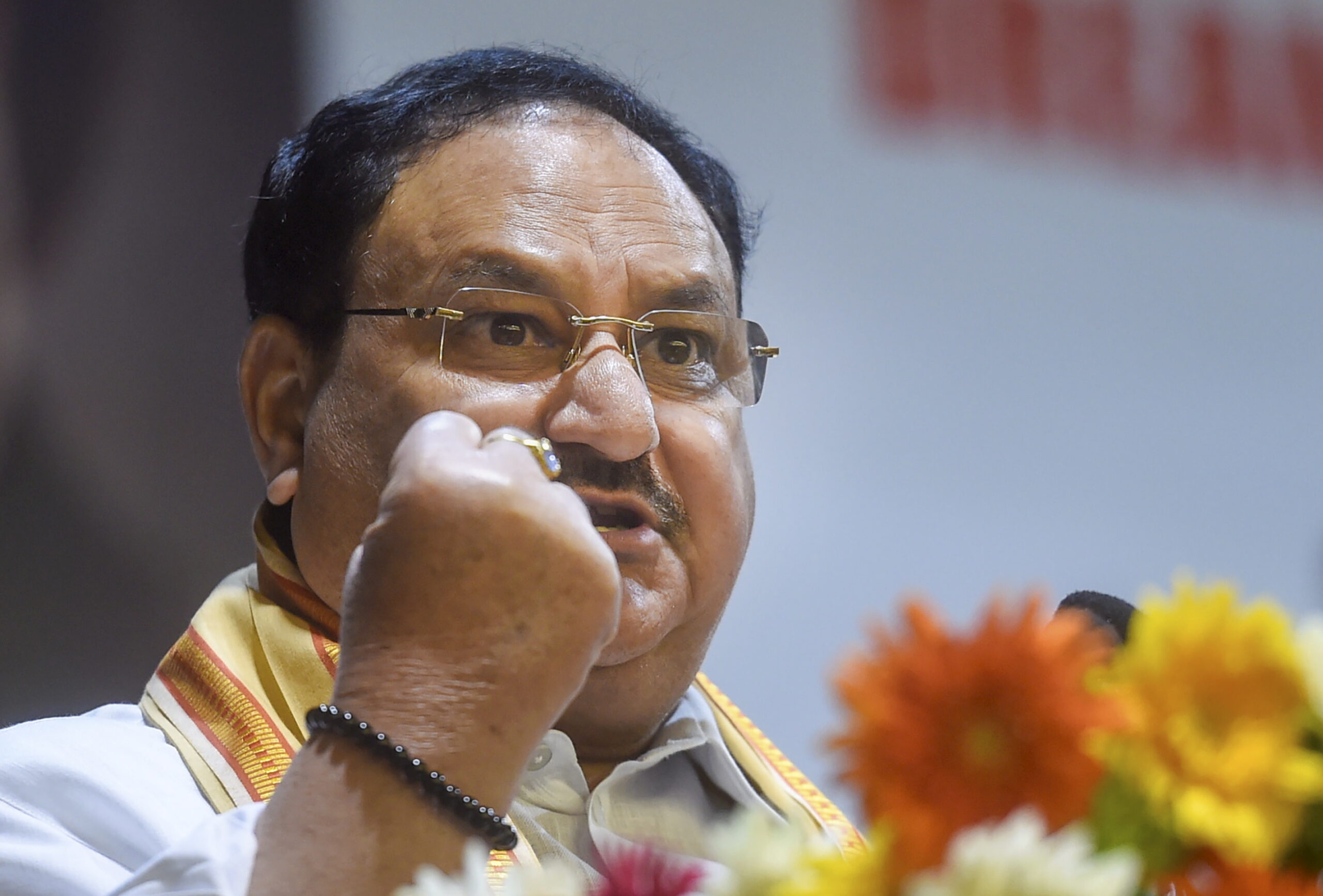New Delhi: More than 4.75 crore people, including 1,98,62,568 tribal persons living in the tribal-dominated areas across 17 identified states, have been screened for sickle cell anaemia till November 24, of which 0.38 per cent were diagnosed with the disorder, Union Health Minister J P Nadda informed the Lok Sabha on Friday.
Nadda said a total of 4,75,42,776 people were screened for sickle cell anaemia out of which 1,80,610 or 0.38 per cent were diagnosed with the disease.
Besides, 12,54,034 people were found to be carriers of one of the genes that causes sickle cell disease though werenot diagnosed with the disorder themselves, Nadda said.
Under the National Sickle Cell Anaemia Elimination Mission (NSCAEM), which was launched on July 1, 2023, screenings are conducted at health facilities from district hospitals up to the Ayushman Arogya Mandir (AAM) level.
Patients living with sickle cell disease (SCD) are provided with services/facilities for improving their quality of life through AAMs, which include follow-up care, counselling on lifestyle management, pre-marital and pre-natal advice, nutritional supplementation support (including folic acid tablets), management of crisis symptoms, and referrals to higher facilities.
Hydroxyurea has been included in the National Health Mission’s (NHM) Essential Drugs list at the sub-health centres, primary health centres (PHCs)/urban PHCs, community health centres (CHCs), and district hospitals to address the issue of access to medicine, Nadda informed the House.
Under the NHM, financial support is provided to procure hydroxyurea, helping reduce out-of-pocket expenses for sickle cell anaemia patients.
Additionally, awareness and counselling materials have been developed through the Ministry of Tribal Affairs (MoTA), the health minister added.
Information, Education and Communication (IEC) activities, along with media campaigns, have also been launched to raise awareness about the disease, its screening and management, Nadda said.
State governments are also playing a crucial role in the implementation of mission activities, he added. To ensure accessible and effective treatment, mobile medical units (MMUs) are being deployed in the remote areas under the Pradhan Mantri Janjati Adivasi Nyaya Maha Abhiyan (PM JANMAN).
These units focus on screening the Particularly Vulnerable Tribal Groups (PVTGs) and facilitating referrals to higher medical facilities.







